The Seattle Culinary Academy, where Kimberly attended culinary school, has a unique summer program collaboration with the Quillisascut Farm, Culinary 101, designed to teach cooks about sustainable farming, kitchen management, and lifestyle to be regenerative to the soil and water we rely on. In 2019, a mentor of Kimberly recommended that this would be the program to remind her of the original love of creating good meals and the passion to improve the health of our planet. After attending the Chefs of Color course, Kimberly was invited to join the board and is a volunteer board member at large.
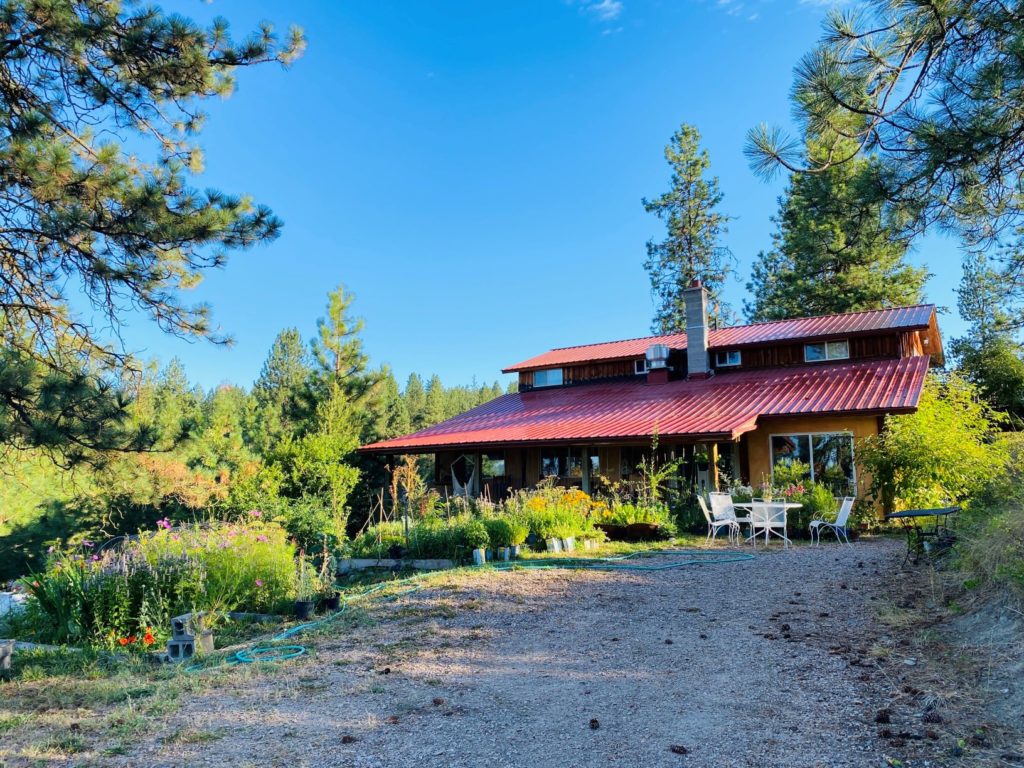
This summer, farmers Rick and Lora Lea Misterly and chef instructor Karen Jurgensen agreed that the necessary safety protocols to limit COVID-19 transmission would take away from the closeness that is fostered in the week-long culinary courses and postponed all the workshops to next year. This resulted in significant loss in projected revenue to the farm and farmers, and they launched a few different fundraisers to help them cover the difference for the season. They had planted for 100 students to attend the various workshops throughout the summer, so some creative brainstorming was needed to figure out what could be done.
In June, Quillisascut Farm launched a bloomerang fundraiser for cash donations, and in July, the farm started a quasi CSA Box for supporters and alumni to access their delicious products when we can’t travel there for classes. You can get a bag or a box for yourself this summer. Visit their website to order yours before the season is up.
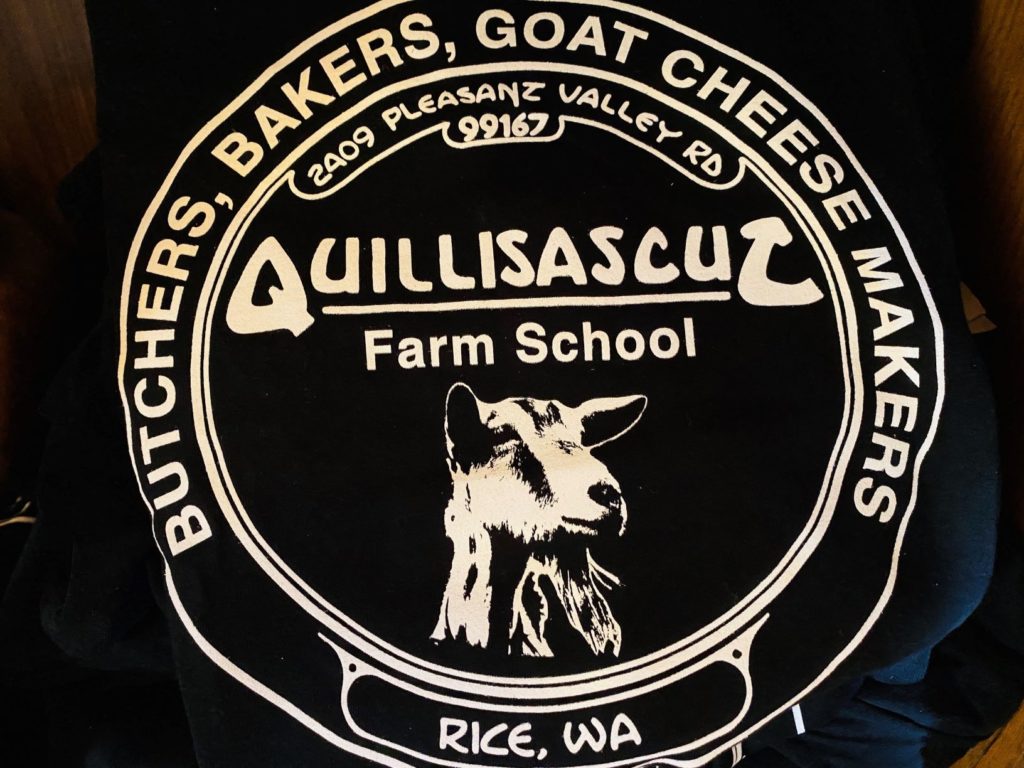
This Fall, I’m working on some videos to help give viewers a taste of Quillisascut by featuring some of the workshop activities that course participants do when here for the programs. We spent two weeks visiting the farm with chef Karen Jurgensen, who spends the rest of the school year teaching at Seattle Central College’s Culinary Academy. She wrote a prep list of all the tasks that feed into each workshop segment, and we set up a filming schedule to record as many of the components that are taught throughout the week and come together at different times.
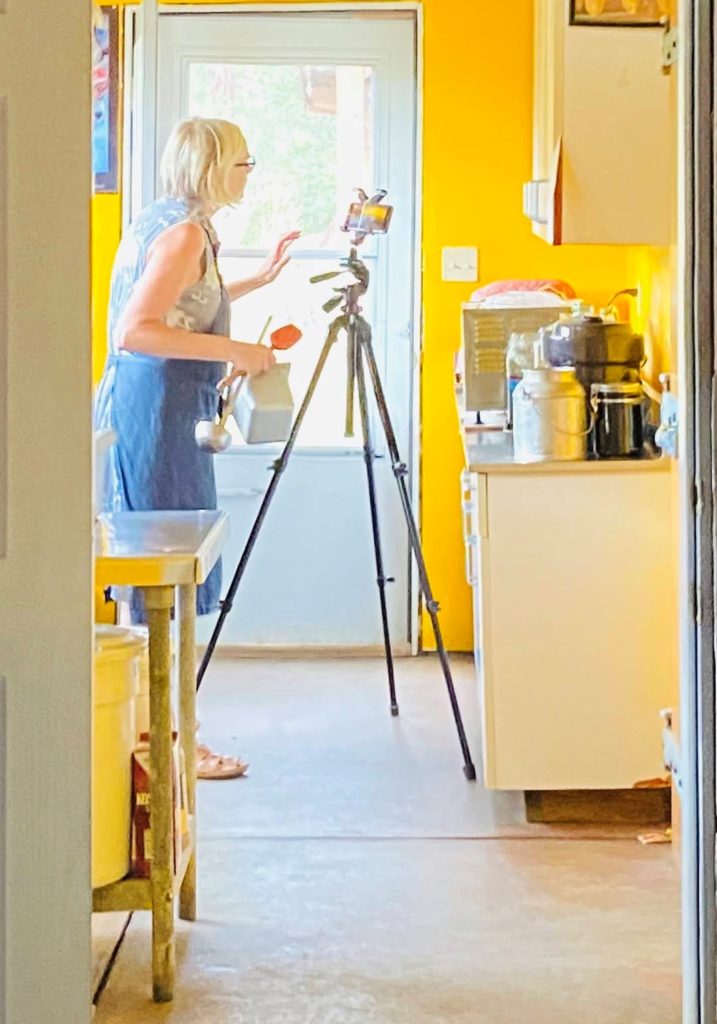
We tried to capture the activities, but the true value of the program is in the poignant conversations held around the dinner table, in the kitchen, on the farm, and in the garden. Each day had a word of the day, which we could contemplate and discuss. Words like “enough” and “respect” seem common enough, but the insights shared by each student, informed by their life experiences and values, influenced the others, helping us consider the words in different light. With the backdrop of the farm and school, and completely away from most cellular cell phone coverage, it was a time of reflection and reconsideration of the ways we choose to show up in the world in our work and our play, with the money we spend and earn.
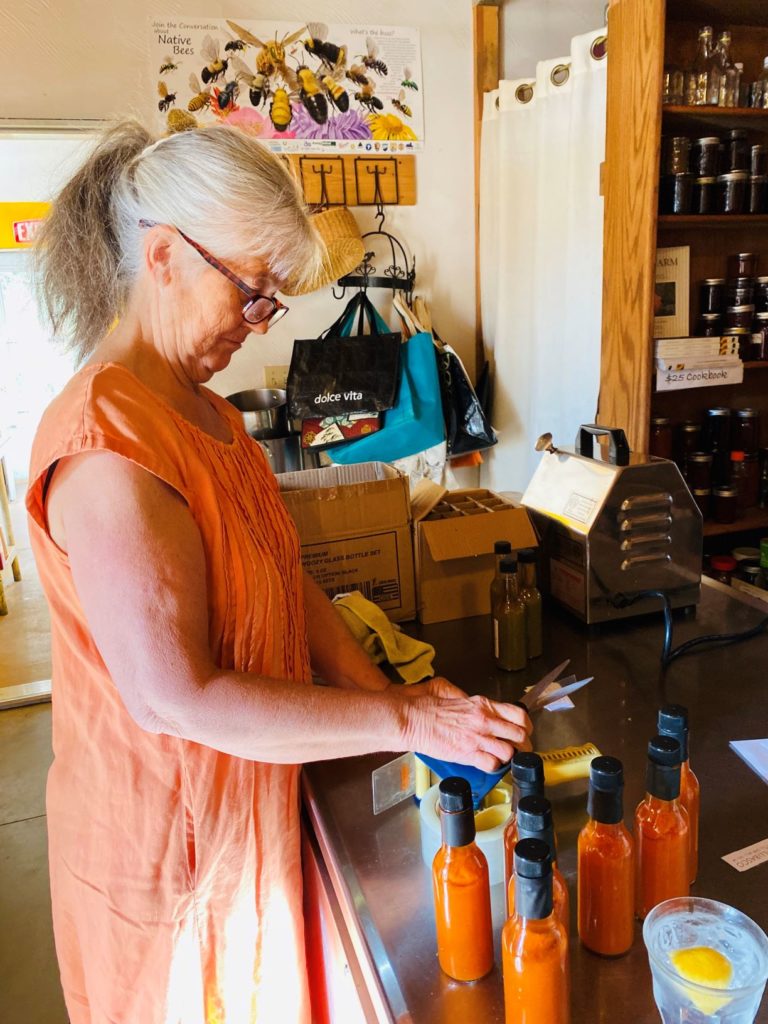
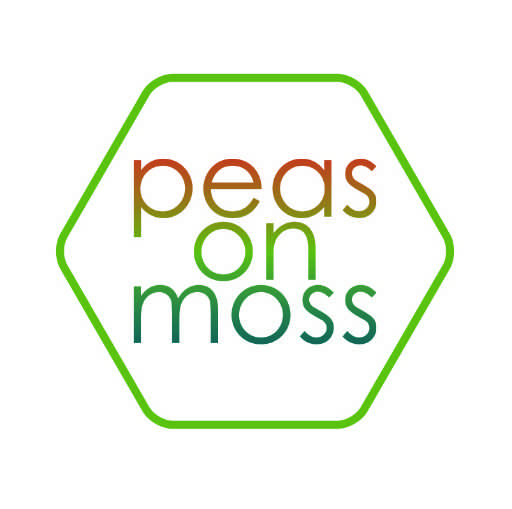
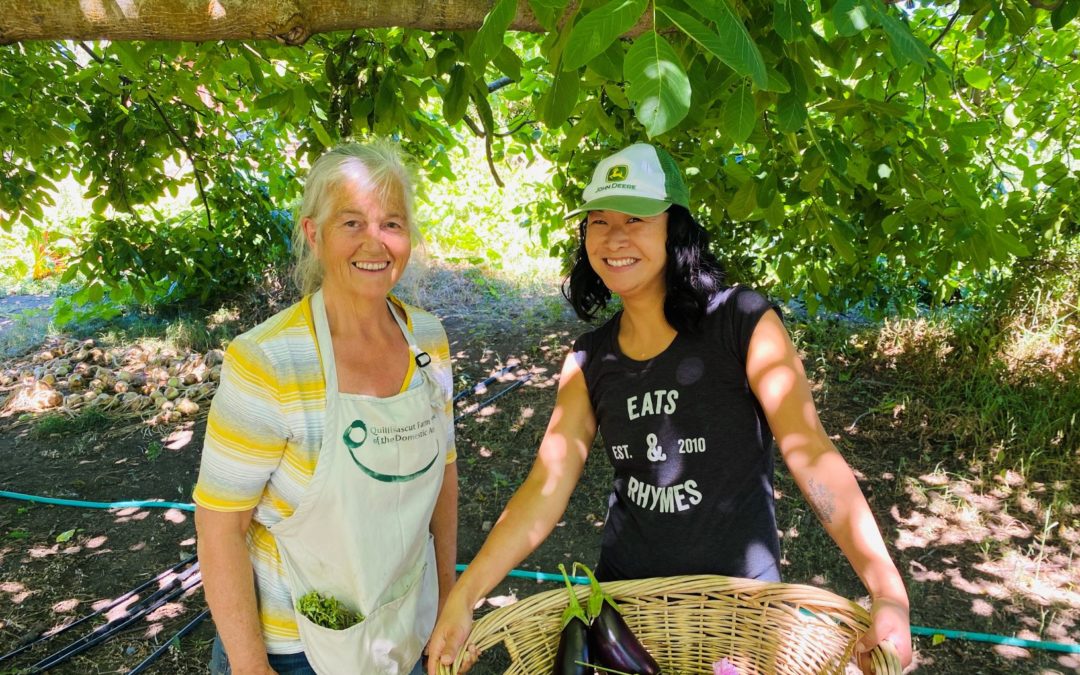
Recent Comments